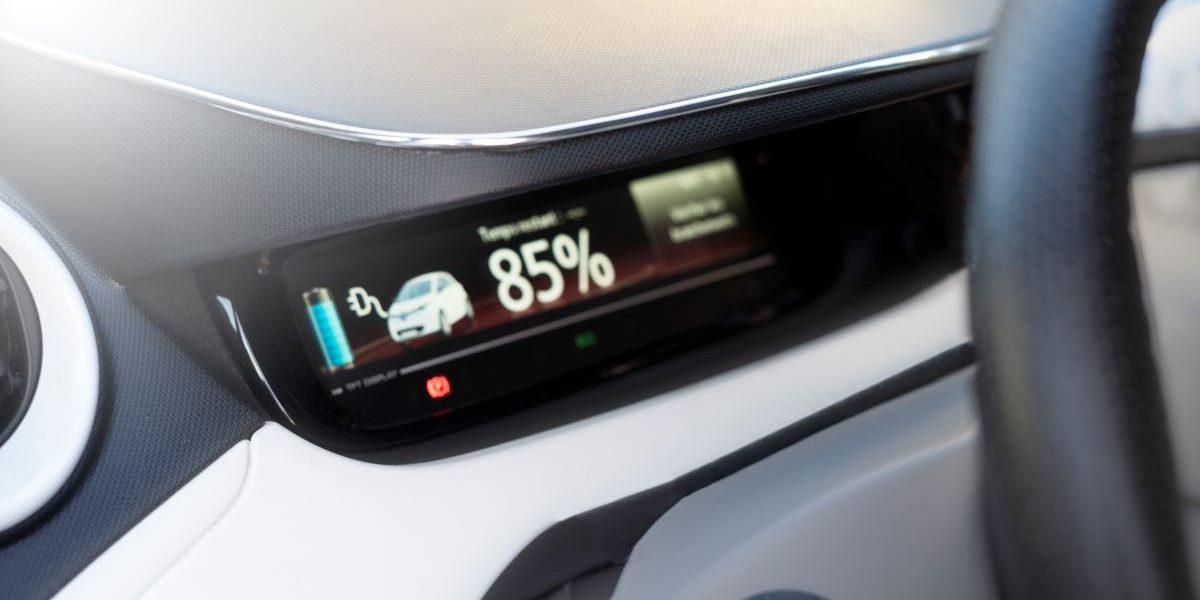
Ensuring Electric Vehicle Safety
Electronic Equipment
Ensuring electric vehicle safety is crucial for vehicle occupants and those around them. Here are some important considerations for everyone’s electric vehicle safety:
- Battery Safety:
- Thermal Management: EV batteries should have effective thermal management systems to prevent overheating.
- Crashworthiness: Design batteries to withstand collisions and crashes, minimizing the risk of fire or explosion.
- Charging Safety:
- Use Certified Chargers: Always use certified charging equipment to avoid the risk of electric shock or fire.
- Follow Manufacturer Guidelines: Adhere to the manufacturer’s charging procedures, cable use, and maintenance guidelines.
- Installation and Infrastructure:
- Qualified Installers: Ensure qualified professionals install the charging infrastructure to meet electric vehicle safety standards.
- Regular Maintenance: Regularly inspect and maintain charging stations to prevent malfunctions.
- Emergency Response:
- First Responder Training: Emergency responders should be trained to handle EV safety-related incidents, including fires and high-voltage system accidents.
- Emergency Disconnect: EVs should have easily accessible emergency disconnects for first responders.
- Vehicle Design and Construction:
- Structural Integrity: Ensure that the vehicle structure is designed to protect the battery and occupants in the event of a collision.
- Electrical System Isolation: Design the electrical system to automatically isolate in the event of a crash to prevent electric shock hazards.
- User Education:
- Training and Education: Drivers should be educated in EV Safety regarding operation, charging, and maintenance.
- Awareness of Electric Hazards: Users should know the potential electric hazards associated with high-voltage systems.
- Regulatory Compliance:
- Compliance with Standards: EV manufacturers must adhere to safety standards and regulations established by relevant authorities.
- Testing and Certification: Manufacturers ensure EVs undergo rigorous testing and certification processes to meet safety standards.
- Cybersecurity:
- Secure Communication: Manufacturers must implement robust cybersecurity measures to protect EVs from potential hacking or malicious attacks.
- Regular Updates: Regularly update software and firmware to address potential security vulnerabilities.
- Maintenance and Inspections:
- Regular Inspections: Periodic inspections of the vehicle’s electrical components, including the battery, should be conducted to identify and address potential issues.
- Scheduled Maintenance: Adhere to the manufacturer’s recommended maintenance schedule to keep the vehicle in optimal condition.
- Recall and Reporting:
- Prompt Recall: In the event of electric vehicle safety issues, manufacturers must promptly initiate recalls to address and rectify potential hazards.
- Reporting Incidents: Users should report incidents or electric vehicle safety concerns to the appropriate authorities.
By addressing these considerations, manufacturers, regulators, and users can collectively contribute to the safe adoption and use of electric vehicles.
Tags In
Jay Mendpara
Jay (ANZER CEO) has an MS in Computer Science and has worked in the Information Technology (IT) field for almost 20 years. He is an IPC-certified trainer who oversees all manufacturing operations, employee communications, and quality policy implementation. Jay continuously analyzes customer requirements for highly efficient manufacturing and process equipment investments.


